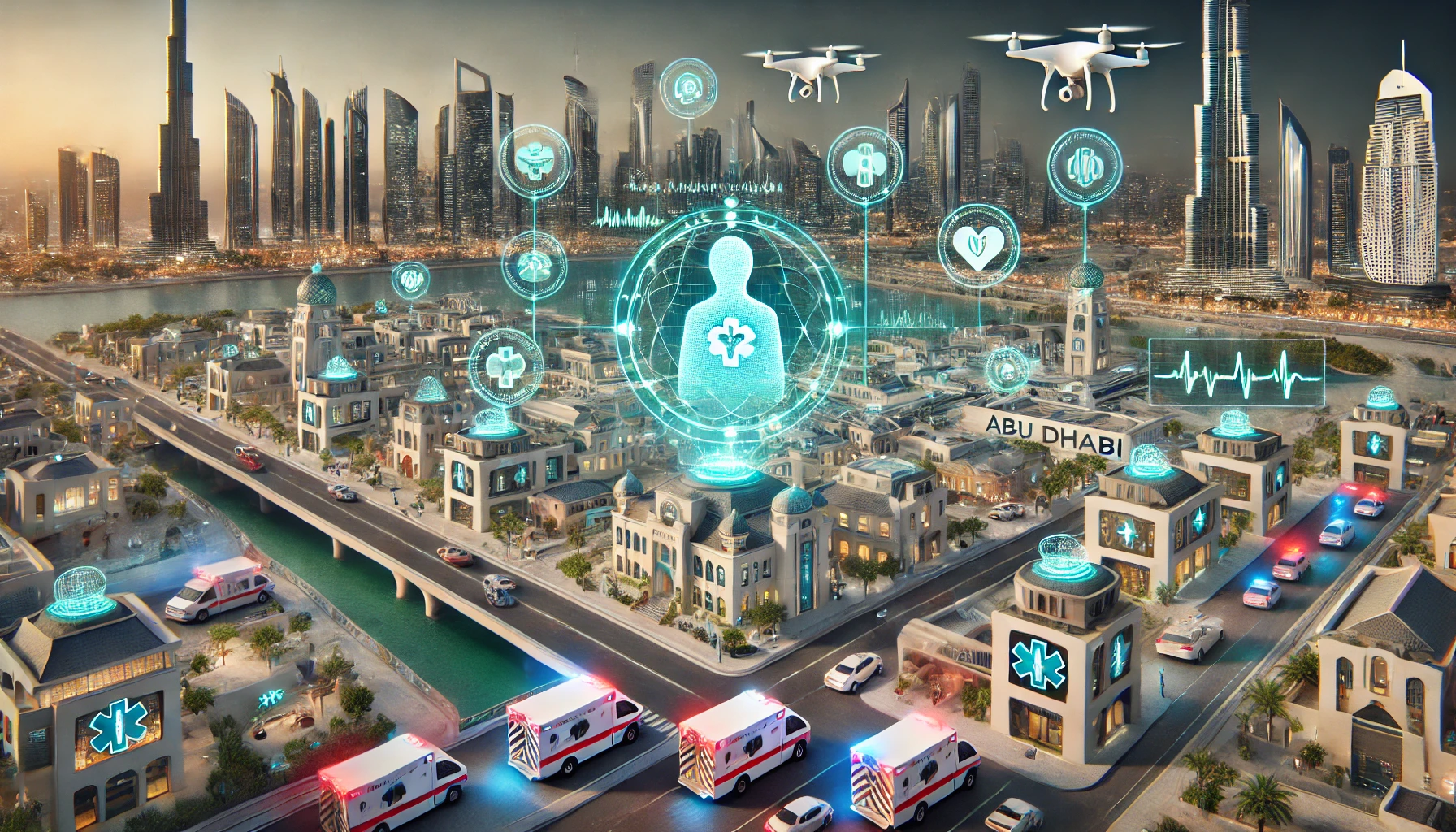Smart Health Monitoring and Emergency Response Collaboration
Description:
This opportunity involves sharing data from wearable health devices to improve emergency response times and public health. The government can better allocate resources for health emergencies by monitoring real-time health data.
Objectives:
• Enhance emergency response times.
• Promote preventative healthcare through real-time monitoring.
• Improve public health outcomes.
Socio-Economic Impact:
• Government: Faster response times, improved health outcomes, and reduced healthcare costs.
• Private Sector: Access to health statistics and insights for product development and enhanced brand reputation through public health contributions.
Potential Datasets:
• Anonymized data from wearable health devices (e.g., heart rate, activity levels).
• Emergency response time and hospital data.
• Environmental data linked to health conditions (e.g., air quality).
• Anonymized data on health risk scores based on wearable health metrics.
• Data on sales of health and fitness products
Potential Stakeholders:
Wearable Technology Companies, Healthcare and Medical Device Manufacturers, Health and Fitness Application Developers, Health and Fitness Application Developers.Code: Health
Sustainable Development Goals (SDG):
International Best Practices:
In Japan, wearable device data is integrated into emergency response systems, improving the accuracy and speed of emergency medical services and promoting proactive healthcare.
How to get involved?
D4G Alliance initiative facilitates win-win collaboration between relevant stakeholders where privately held data are utilized to produce actionable insights for the public interest in the Emirates of Abu Dhabi.
Partner With Us !